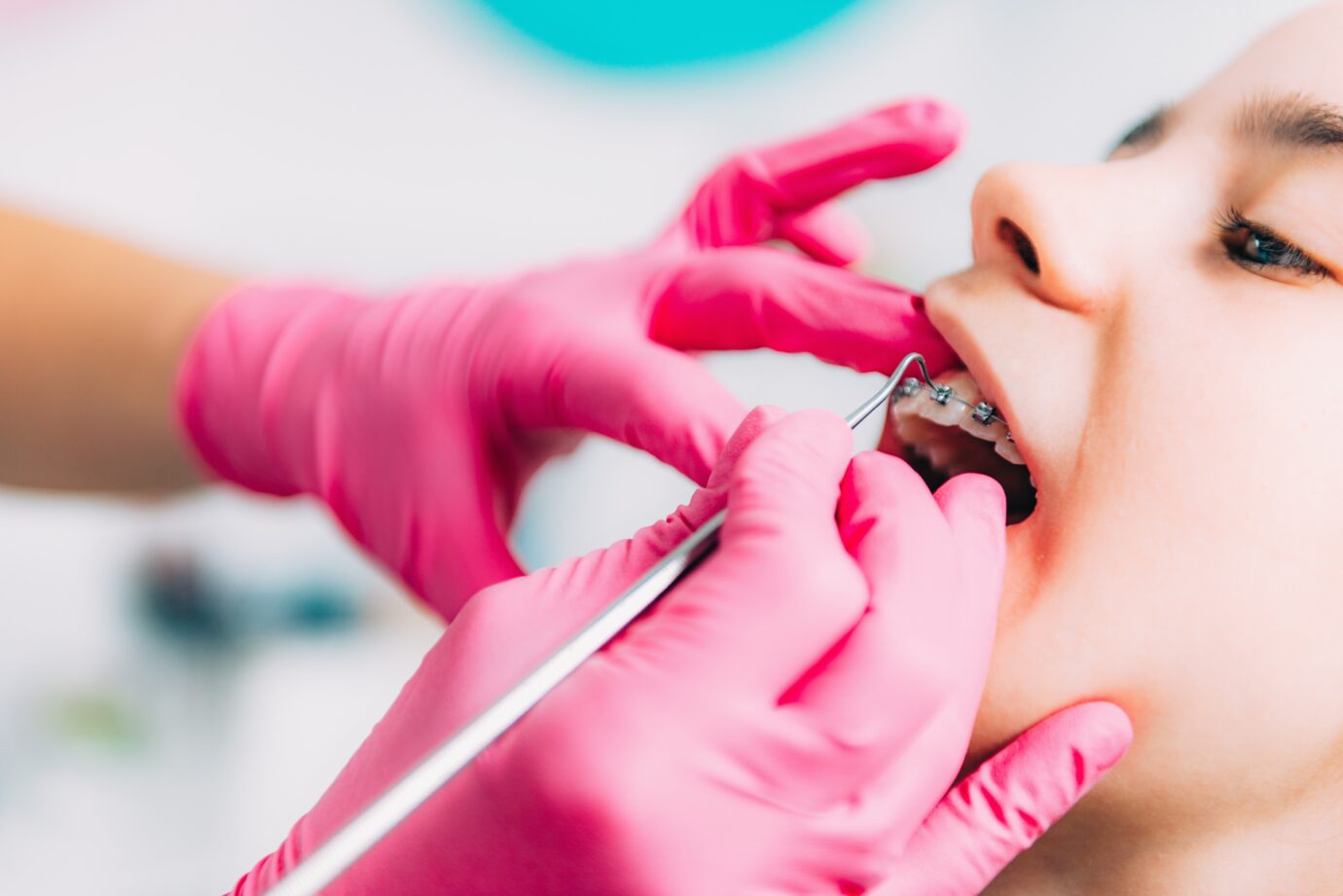There are many reasons for people to undergo orthodontic treatments. Braces are used to treat such dental issues as a misaligned bite (malocclusion), crowding, and crooked teeth. It is not a quick fix and can range from several months to a few years, depending on your specific dental problems. In order to keep progressing the movement of your teeth into the correct alignment, regular tighten of your braces will be required. This is a brief description of what you can expect during your tightening appointments.
After your fitting appointment, you will have regular follow-up appointments so your orthodontist can check your teeth, measure your progress, and make adjustments as needed to ensure they are all moving in the correct direction, at proper angles, and at the anticipated rate.
During these appointments, your orthodontist will start by unclipping or removing the elastics which surround the brackets, the size of the wires will gradually be increased, this will slowly move your teeth into the proper position. Placing the larger, more rigid wires can feel tighter than the original wires that were first placed. You may also feel some pressure as the teeth begin to move slowly into their correct position. Your orthodontist may also require that you wear elastics for a period of time after your tightening appointment. We will show you how to properly put them on and off so you can eat and brush your teeth easier. You can expect some mild discomfort after this until you become accustomed to the new wires.
It is not uncommon after your braces are tightened for your teeth to feel sore. This usually only lasts for a few hours but can last a few days. They will become accustomed to the new wires. Some patients never experience discomfort while others describe pressure or aching after an appointment. If you do experience discomfort, here are some things you can try:
- Over-the-counter medication, such as Tylenol or Ibuprofen, can help manage the discomfort. You should only need to take it for a few days, so if your pain persists, contact your orthodontist
- Apply a cold/ice compress to the outside of your face, jaw, and cheeks to help reduce the inflammation and discomfort
- Drink ice water to help temporarily numb your sore gums
- Apply oral topical numbing gel on your gums
- Massage your gums with a clean finger may relieve some discomfort
If you have questions about your treatment, feel free to contact our office at 281-225-6784 anytime, or ask us during your next appointment.



